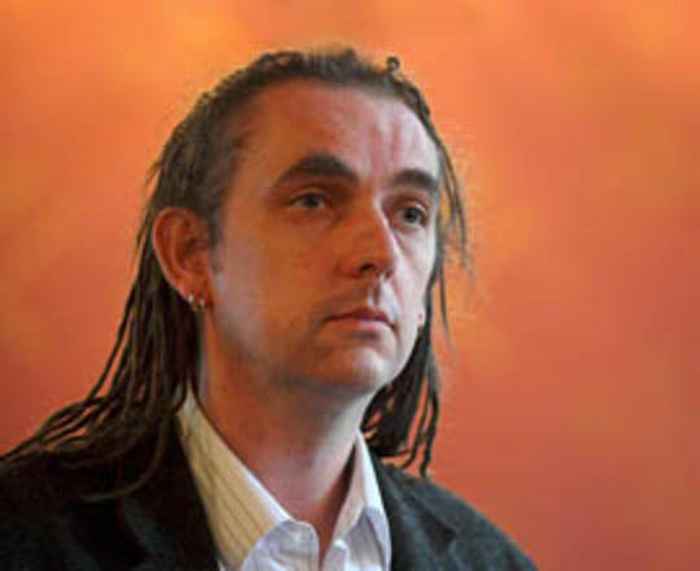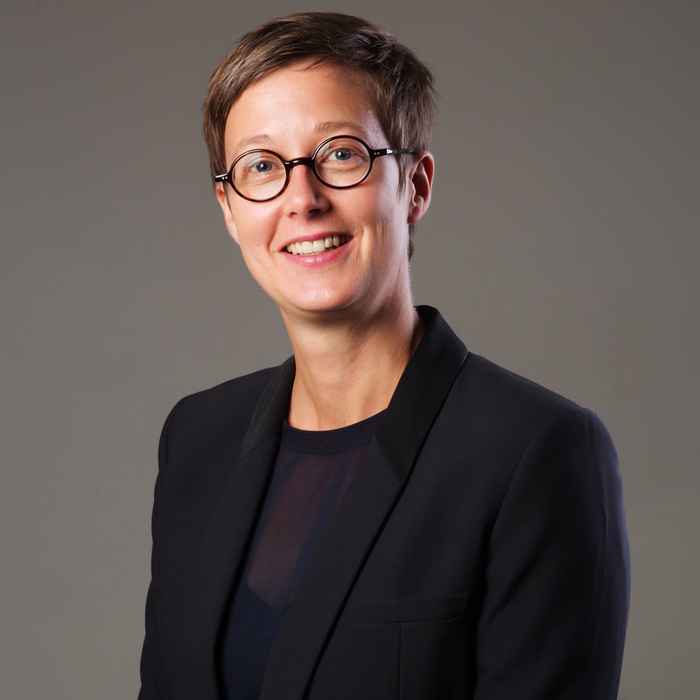The status of complexity and the challenges ahead in different fields (on-site)
Conversation and discussion with James Ladyman and Karoline Wiesner
- Date
- 14 September 2022
- Time
- 09:00 -11:45
In the morning of Sept 14th, we will explore the status of complexity and the challenges ahead in different fields, spanning the humanities and computer science. Karien Stronks, Luiza Bialasiewicz, Adam Kola, Rens Bod, Peter Sloot, and Mike Lees, will entertain the conversation with James Ladyman and Karoline Wiesner. Both events will be introduced by Huub Dijstelbloem, and moderated by Federica Russo.

About James Ladyman
James Ladyman is Professor of Philosophy of Science at the University of Bristol (UK). James has made contributions to numerous debates in philosophy of science. James is well-known for his contributions to the debate on scientific realism. Specifically, he made a distinction between epistemic and ontic variants of it, and ultimately defended the notice version. He also contributed to debates on scientific representation, physicalism, and the status and role of naturalised metaphysics. In recent work, he has explored questions related to information and computation, and to complex systems, and has been developing an interest in the epistemological and broader implications of big data technologies for science and societies. James has a long-standing interest in the impact agenda and science policy, especially in the UK context.

About Karoline Wiesner
Karoline Wiesner is Professor of Complexity Science at the University of Potsdam (Germany). She is known for her contributions to the foundations of complexity science. In the past she has made contributions to molecular physics and classical and quantum information theory. In recent work, she has brought the quantitative tools of complexity science to questions of climate mitigation and adaptation in the global south. Her current interest is in the potential of complexity science to answer questions in the social sciences, in particular on the dynamics of democratisation of countries. Karoline is external faculty at the Complexity Science Hub Vienna.
Program
| 09:00 | Coffee on arrival |
| 09:30 |
Flash talks by:
|
| 11:00 | Round table discussions |